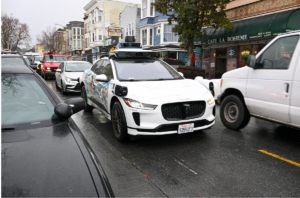Robot taxi company Waymo analyzed the 11,4 million kilometers traveled by cars without human drivers in Phoenix, Los Angeles and San Francisco and compared the data with human driving figures. It found that driverless cars were 6.7 times less likely to be involved in an injury crash than human-driven cars.
Waymo cars were 2.3 times less likely to be involved in a police-reported crash, which translates to an estimated 17 fewer injuries and 20 fewer police-reported crashes than if a human driver had driven the same distance in cities where Waymo operates.
Waymo’s analysis comes at a difficult time for autonomous vehicles. The company’s main competitor, Cruise, has suspended operations nationwide after a pedestrian was dragged by one of the company’s driverless cars following a crash in San Francisco. Cruise also allegedly failed to provide video footage of the incident to regulators, and is now facing fines of up to $1.5 million from the state.
According to a Waymo representative, the timing of the release of the safety analysis is just a coincidence. Still, Trent Victor, Waymo’s director of safety research and best practices, said the data can help the public understand that not all companies developing autonomous vehicles are the same.
Waymo’s millions of miles weren’t entirely without incident. The company said that in the combined 11.4 million kilometers driven in all three cities, its vehicles were involved in only three accidents resulting in injuries: two in Phoenix and one in San Francisco. All three injuries were minor, according to Waymo safety researcher and study co-author Kristofer Kusano.
Source: The Verge

